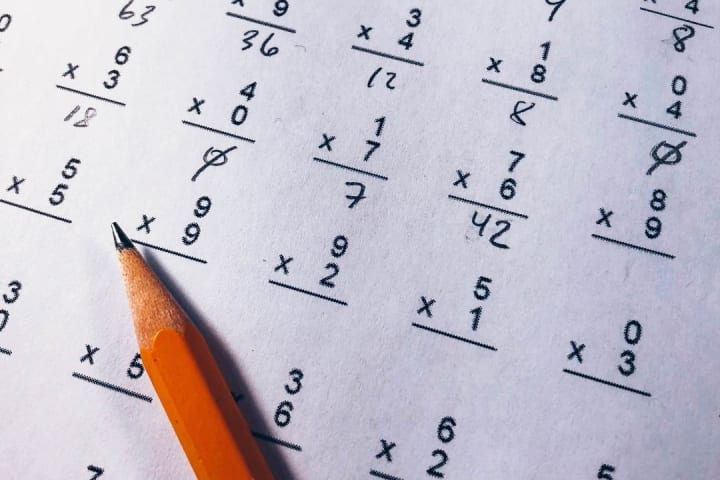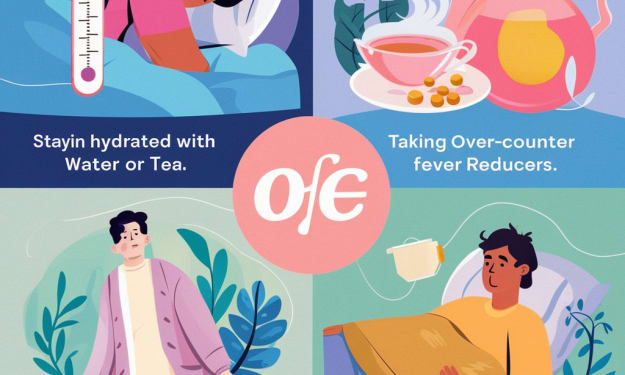The Wonderful World of Libraries
More Than Paperbacks and Hardcovers

Libraries are more than book depositories these days, and many make their items available long distance, whether through digital or inter-library lending. If you haven’t been to your local library recently - or worse, never been - read on to learn what you’re missing. It might even help you save some cash.
Libraries have ebooks and audiobooks.

Photo by Fausto García on Unsplash
Heads up, homebodies and other people who don’t think they have time to go places. You can check out ebooks and audiobooks from your local library through services like Overdrive and Hoopla. If you’re looking to save money, these are great - free - options over subscription services like Audible. You can also get e-comic books and e-graphic novels (though sometimes these require use of a computer rather than a phone because you have to download the pdf files). Depending on your library’s subscription with these apps, you might also be able to watch movies and television shows, and listen to music - ad free!
If you don’t have a smartphone, you can still use these services on a computer, tablet, or eReader. (I’ve personally seen Overdrive send borrowed ebooks to Kindle.) Bored at work? Use the “read in browser” option and no one will ever know you are anything but diligently focused on your computer screen.
Some libraries even have ebooks and digital music in their personal stocks that don’t require a third party app. It’s worth checking out!
Libraries have magazines and newspapers.

Photo by Trust Tru Katsande on Unsplash
Want to read an article in the latest issue of People or Scientific American, but don’t want to actually own it or pay for a subscription. Head to the library. Libraries subscribe to several of the most popular magazines out there, in addition to ones you’ve never heard of and in languages you can’t read. They also subscribe to newspapers - local, national, and international. If you’re in a college town, they probably also subscribe to the campus newspaper.
Some apps, like RBDigital, include a library’s magazine subscriptions, so you don’t even have to go down to the library to read the magazine. Read from anywhere on your smartphone or tablet.
If you’re doing research for a paper or article, check back issues at the library or make use of one of the many online databases that libraries also subscribe to.
Libraries help you research your family history.

Photo by rawpixel on Unsplash
Speaking of online databases, many libraries also subscribe to services like HeritageQuest, powered by Ancenstry.com. With HeritageQuest, you can search census records, local and family history books, the Freedman’s Bank, war records, and more.
If your family has been in the area for a while (or founded a city, like mine did), you may find books in the library on hand, or old city records.
Libraries can help with homework.

Photo by Chris Liverani on Unsplash
Some libraries have tutors who come in and help kids for free. There are also online resources that libraries subscribe to, such as Brainfuse, which offers live online tutoring, writing assistance, and more.
Other databases for children that libraries often subscribe to that foster learning include Early World of Learning, Kids InfoBits, and World Book Kids.
Libraries have meeting and study spaces.

Photo by Priscilla Du Preez on Unsplash
Want to have a business meeting, but you don’t have an office? Check the library. Freelance tutor who doesn’t want to host people in your home? Check the library. Writer who can’t afford the daily trips to the coffee shop? Check the library. Dying to host an afternoon of gaming, but your place just won’t accommodate everyone? Check the library.
In addition to hosting all kinds of events and services themselves (from ESL classes to Mario Kart tournaments), many libraries also have rooms available for the public to rent or book for free. I am a volunteer with a local non-profit, and we have our monthly meetings in a room booked for free at the library. I also know of several private book clubs that do the same thing, and I often use the library as a quiet place to get work done.
Libraries have computers and printers.

Photo by Sergi Kabrera on Unsplash
I have yet to encounter a library that doesn’t have computers for public use. You may need to be a member of the library, but not always, so it’s worth asking if you need to use one. Computers offer access to the internet, as well as all of those subscription databases I have mentioned. If you have your own laptop or tablet, libraries also have WiFi.
Sometimes libraries also have copiers, scanners, and fax machines. While I have always paid a modest fee for copies and prints (usually 10 cents per page), I have never known a library to charge for sending a fax, which is more than I can say for Kinkos. If you have a flash drive, it can usually be plugged into the scanner, and items can be scanned directly to the flash drive, often without a fee since no printing has taken place. I have also emailed scans to people, also for free.
Libraries can get you books they don’t even have.

Photo by Eliabe Costa on Unsplash
In case you didn’t realize (I didn’t until about a year ago), libraries all over the world share books with each other. This is called inter-library loan (ILL), and it is super useful! Not many community libraries have academic books, but university libraries do, and they are hooked into the ILL system, too. (ILL is how I’ve been able to read a lot of manga. Someone, somewhere has the latest copy of “Arslan,” even if they’re ten states away.) This sometimes works for audio/video items, but it depends on your library’s policies.
If you live in Michigan, there is a system called MeLCat, the Michigan eLibrary Catalog. Basically every Michigan library is hooked into it, and it enables any one Michigan library to get a book for you from any other Michigan member library. Meaning if your local library is small and has a limited collection, you have access to the rest of the state’s resources. (Again, great source for hard to find manga and other comics.) Other states may have similar systems. And there is always WorldCat.
About the Creator
Crysta Coburn
Crysta K. Coburn has been writing award-winning stories her whole life. She is a journalist, fiction writer, blogger, poet, editor, podcast co-host, and one-time rock lyrics writer.
Enjoyed the story? Support the Creator.
Subscribe for free to receive all their stories in your feed. You could also pledge your support or give them a one-off tip, letting them know you appreciate their work.






Comments
There are no comments for this story
Be the first to respond and start the conversation.